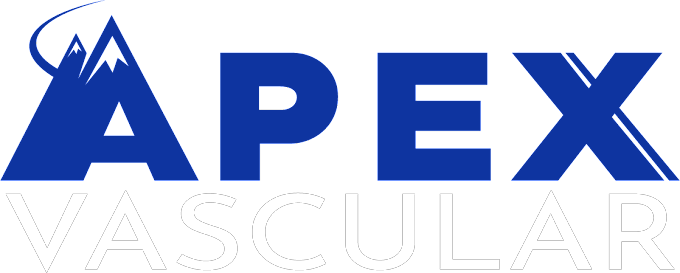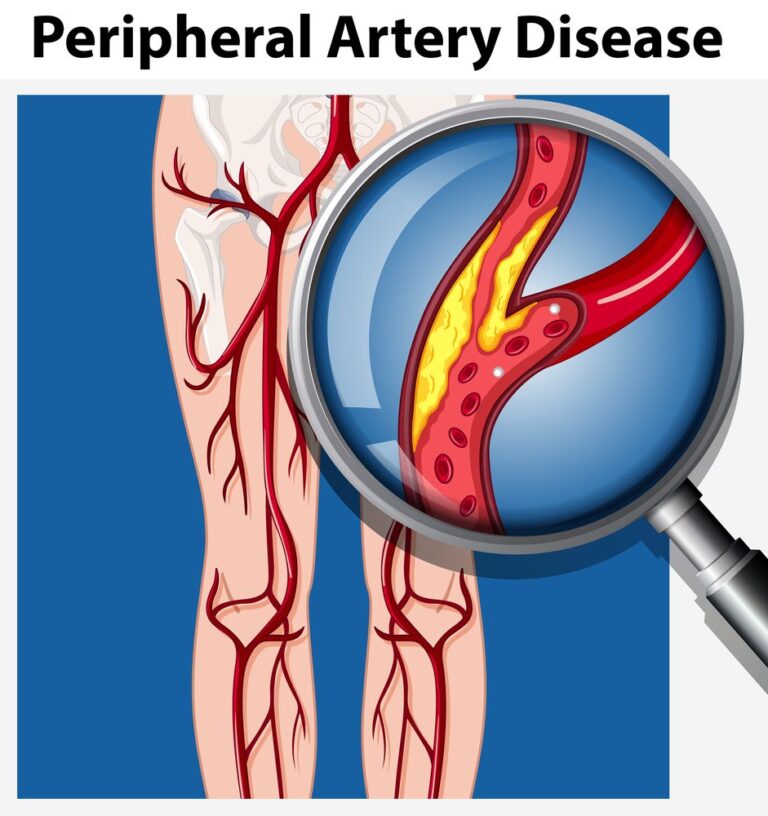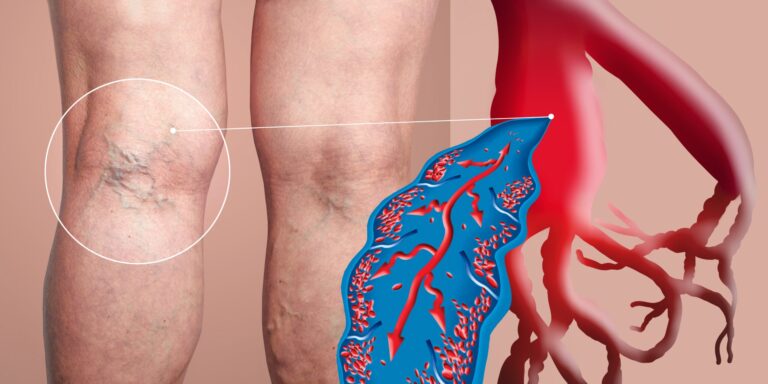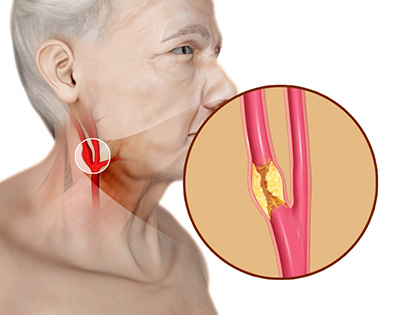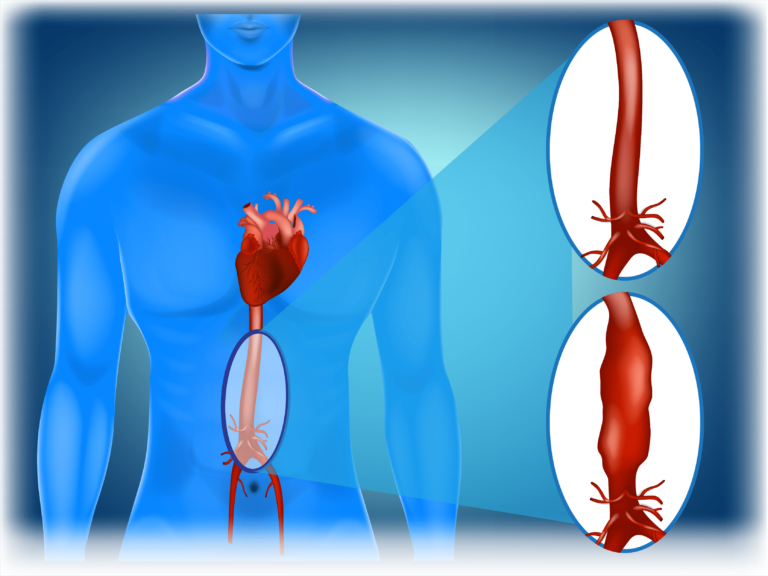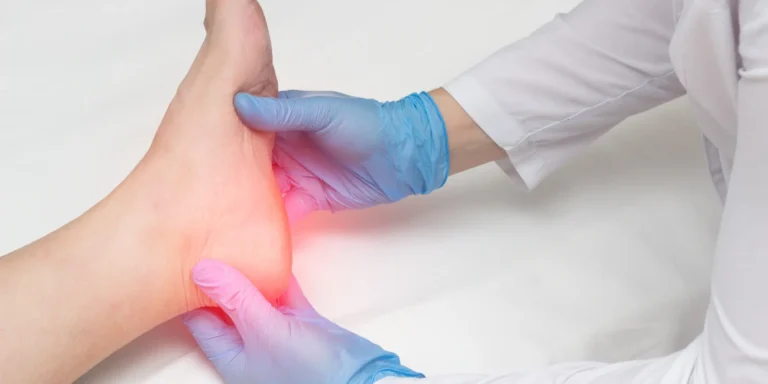Chronic kidney disease is a progressive condition that eventually stops your kidneys from working. When you reach that stage, you need dialysis, which means you also need Christopher Pollock, MD, at Apex Vascular in Lenoir City, Knoxville and Crossville, Tennessee, to create dialysis access. In addition to performing the minimally invasive procedure to create access, Dr. Pollock also provides ongoing care that keeps your dialysis access healthy. If you need dialysis, don’t wait to schedule an appointment. Call the office or book online today.
What is dialysis access?
Dialysis access creates a stable, easy-to-use access point for the needles used during kidney dialysis. Dialysis keeps you alive when end-stage kidney disease stops your kidneys from filtering your blood.
During dialysis, your provider places two needles into the blood vessels in your arm. One needle carries blood from your body to the dialyzer (the machine filtering your blood). The other needle connects to the catheter returning filtered blood from the machine to your body.
Dr. Pollock creates dialysis access by performing a minimally invasive procedure to connect a vein to an artery in your arm. In addition to making it easier to insert the needles, the procedure enlarges the vein, allowing blood to flow faster.
Are there different types of dialysis access?
You receive one of several types of dialysis access:
Arteriovenous (AV) fistula
Dr. Pollock creates this access by connecting the vein directly to the artery. An AV fistula is preferred because it lowers your risk of developing a blood clot or infection.
AV graft
This type of dialysis access connects the vein to the artery using a graft. You may need an AV graft if you have small blood vessels. However, it poses a higher risk of clotting.
Catheter placement
You can’t use your dialysis access until the tissues heal. For an AV fistula, healing can take 6-12 weeks, while a graft is ready in 2-3 weeks. If you need to start dialysis before the tissues heal, Dr. Pollock inserts a temporary catheter into a large vein, often in your neck.
You may need a permanent catheter if your blood vessels aren’t strong enough for an AV fistula or graft or if your arm veins become blocked. However, long-term catheters pose a higher risk of infections.
Does dialysis access need ongoing care?
Dr. Pollock provides comprehensive vascular services, including the ongoing care and maintenance of your dialysis access. For example, he ensures the access stays healthy, eliminates any blood clots that develop, and treats fistula aneurysms (bulges in the blood vessels).
When needed, he may perform minimally invasive procedures like angioplasty and stenting to reopen a blocked blood vessel or revision surgery to restore a fistula that’s no longer working.
If you need dialysis access, you can depend on compassionate care at Apex Vascular. To schedule an appointment, call the office or use the online booking feature today.
